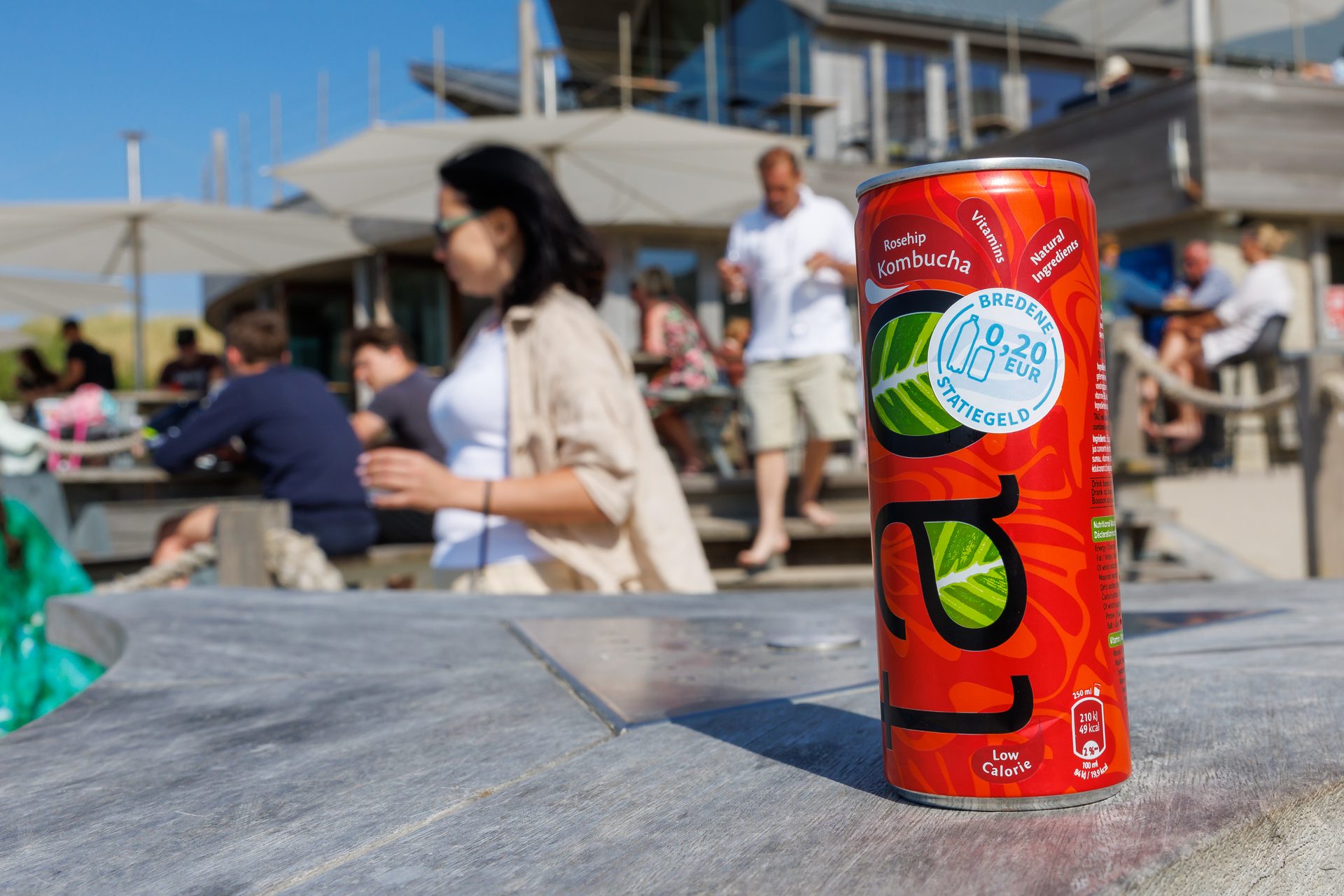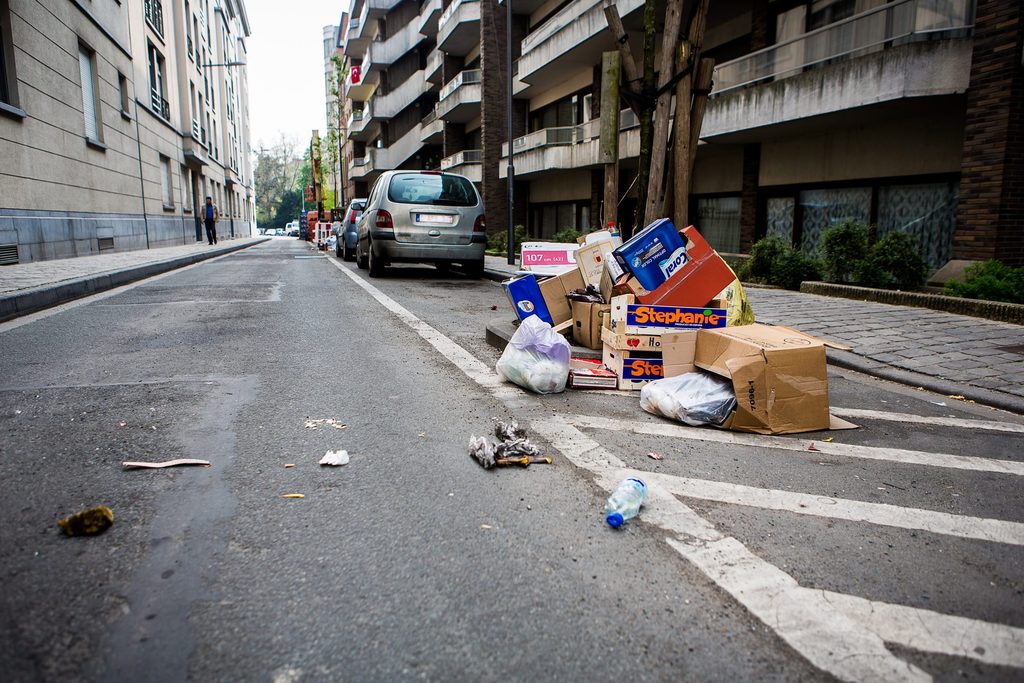Plastic bottles and cans account for a large part of waste in Brussels, but unlike other major cities, the Belgian capital doesn't have a sustainable system to deal with this.
While Belgium has long had a deposit system in place for refillable glass beer bottles, there is no equivalent for large or small PET bottles and cans. Such schemes exist in many other European countries, with return rates ranging from 82% in Estonia and 98% in Germany, according to Plastic Smart Cities.
This is not to say that a similar initiative has not been tabled for Brussels, but until now no agreement has been made. On Thursday, however, the Brussels government agreed in principle to introduce a system of deposits on plastic bottles.
"We are moving towards setting up a deposit system," Brussels Minister for the Environment Alain Maron confirmed. He added that deposits could greatly reduce the non-recycling of plastic bottles and cans in a region where high population density, socio-economic and spatial inequalities, the language barrier and the high turnover of newcomers make waste sorting more complex.
Maron stressed the need for a system that will be inclusive and easy for people of all linguistic, digital, and demographic backgrounds.
Inter-regional cooperation
Fewer than 10% of single-use plastic items are actually recycled, with the majority discarded in bins or the environment.
In places where deposit refund schemes have been introduced (in which consumers pay between €0.10 to €0.50 upfront, to be reimbursed when returning the empty bottle or can), significant increases in collection and recycling rates have been recorded. These containers are far more often recycled and transformed into secondary raw materials.

A trial for a deposit on cans and bottles in launched in Bredene last summer. Credit: Belga/ Kurt Desplenter
A recent study by Bruxelles Environnement into the feasibility of this system for single-use beverage containers showed that a deposit system can only be set up effectively if it is coordinated at the national level. To this end, the agreement now in place would see Brussels cooperate with the Federal Government, as well as Flanders and Wallonia, which are already working towards such a system.
Related News
- Over 9,000 tonnes of rubbish collected in Brussels last year
- First of seven neighbourhood composts opened in Brussels
Brussels and Flanders joined an ongoing study by the Walloon government on the different scenarios and systems for deposits; pilot projects are currently being carried out to test digital deposits in Flanders, including at the Corda Campus in Hasselt on Tuesday. At the end of May, another project will be launched at the headquarters of the Belgian bank KBC in Leuven.
Once the results of these pilot projects are in, the form and method of the deposit will be decided by the end of 2023.

